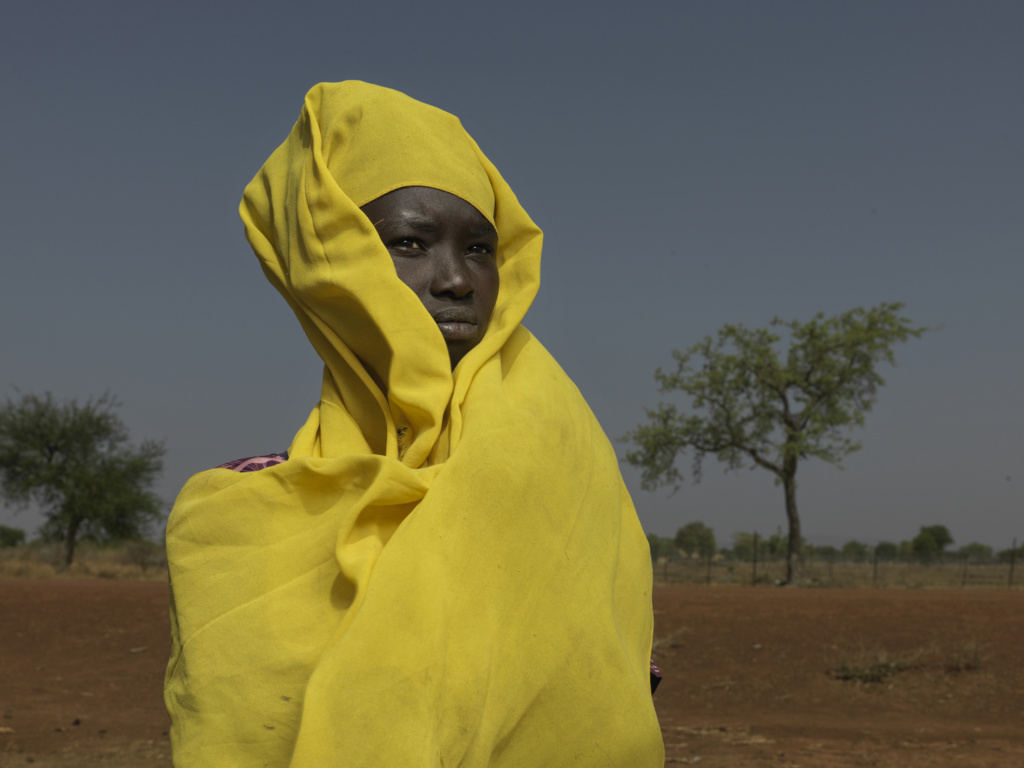
After two years of armed conflict, Sudan is now facing one of the world’s worst humanitarian crises. The Famine Review Committee confirmed in August 2024 that conditions in Zamzam camp, North Darfur, meet the threshold for famine – the first official declaration in over seven years. Across the country, 26 million people face acute food insecurity, and over 30 million people require humanitarian aid.
Women and girls are bearing the brunt. With conflict escalating, sexual and gender-based violence has surged. Public reports of rape are increasing, while access to medical and psychological care remains severely limited. An estimated 12.1 million women and girls in Sudan are in need of support. Many women decide to leave their homes in search of a safer future, representing more than 50% of Sudan’s refugees in 2024.
After several forced displacements due to the war Nahla*, a mother of 10 children, has been forced to make bricks in the Eldaba refugee camp in Central Darfur to support her family. Now, her daily routine begins at 6 a.m., when she leaves to work, and ends at 10 p.m. to feed her children. They face food shortages, sharing a single plate. They lack clothes and a place to sleep with dignity.
Humanitarian organisations like Action Against Hunger are finding it increasingly difficult to reach people in need due to the ongoing conflict.
Paloma Martin de Miguel, Regional Head for Africa at Action Against Hunger, said: “It has become very difficult to work in Sudan. We are worse off than yesterday, but we will continue to work to make the situation better.”
Preventing adequate food aid and targeting food production, distribution infrastructure, and transport systems directly violates UN Security Council Resolution 2417.
Action Against Hunger urges the following actions to be taken immediately:
That all parties to the conflict take urgent action to stem the humanitarian crisis in Sudan by refraining from attacking, looting or damaging infrastructure essential to the safety of the population, such as markets, agricultural or livestock lands and hospitals.
That there be accountability for human rights violations, especially those committed against women and girls, and that protection measures be strengthened to prevent further atrocities.
That the international community and humanitarian actors mobilize urgent aid, as the situation is critical and requires an immediate response.









